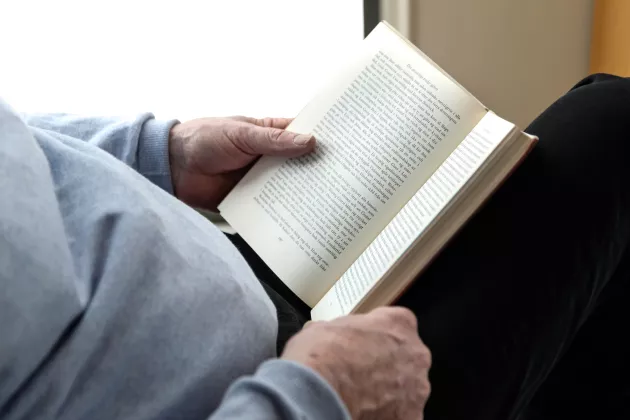The seminar on how to write and publish academic books commendably highlighted the importance of books in the conducting and spreading of research. Compared to an article, a book enables deeper analysis and a stronger basis in relation to other research. The two forms of publication complement each other, particularly in the social sciences and the humanities. Leading researchers have long published both articles and books.
However, books set more demanding requirements on both content and style in order to capture the reader’s interest. Lund University’s own publisher, Lund University Press, is a tremendous asset for researchers at the University. Researchers can get help from publisher Marianne Thormählen on book design and language editing. A collaboration with Manchester University Press makes it possible to market books to an international audience.
The importance of writing for an international audience and being published by an international publishing house was also discussed. For many researchers this happens automatically. The research is conducted in an international context and discussed with international colleagues as the project proceeds. However, some claimed that there is no interest at all outside Sweden in a lot of important research conducted in the humanities, law and social sciences.
Personally, I don’t think you should underestimate international interest in Swedish peculiarities. Even though VAB (home caring for a sick child) and public access to information are unique to Sweden, there may also be great interest in these issues beyond Sweden. One example is the book “Incest in Sweden 1680-1940: A history of forbidden relations”, published by Lund University Press, which sparked considerable international interest.
The seminar on applying for and obtaining grants from the European Research Council (ERC) was also very interesting. The ERC’s vice-chair, Jesper Svejstrup of the University of Copenhagen, gave an opening speech about how to apply for grants from the ERC and stated that many researchers from Lund University have done well in this respect. There is thus a lot of help available from colleagues at Lund University who have been successful applicants. Interestingly, the percentage of funding for social sciences and humanities has increased in recent years, whereas the percentage for life sciences has decreased. More social scientists have clearly discovered how to awaken international interest in incest and other local phenomena.
The most beneficial item during the seminar on ERC funding consisted of the stories told by Joan Yuan and Hanna Isaksson about their research journeys. These honest accounts of the process covered applying for grants and failing, deciding to never apply again, and then despite everything reapplying and succeeding. Their examples showed that ERC grants can give researchers the opportunity to focus on the research that they are passionate about. According to Jesper Svejstrup, the passion and enthusiasm that Joan and Hanna radiated is something that the ERC is looking for.
Researching and writing books is enjoyable and important. It requires knowledge and enthusiasm, but also resources. Lund University Press and the ERC can contribute resources, and colleagues can assist by offering advice: but it is only researchers who can generate the ideas and proposals.
/ Per Mickwitz
Read more



